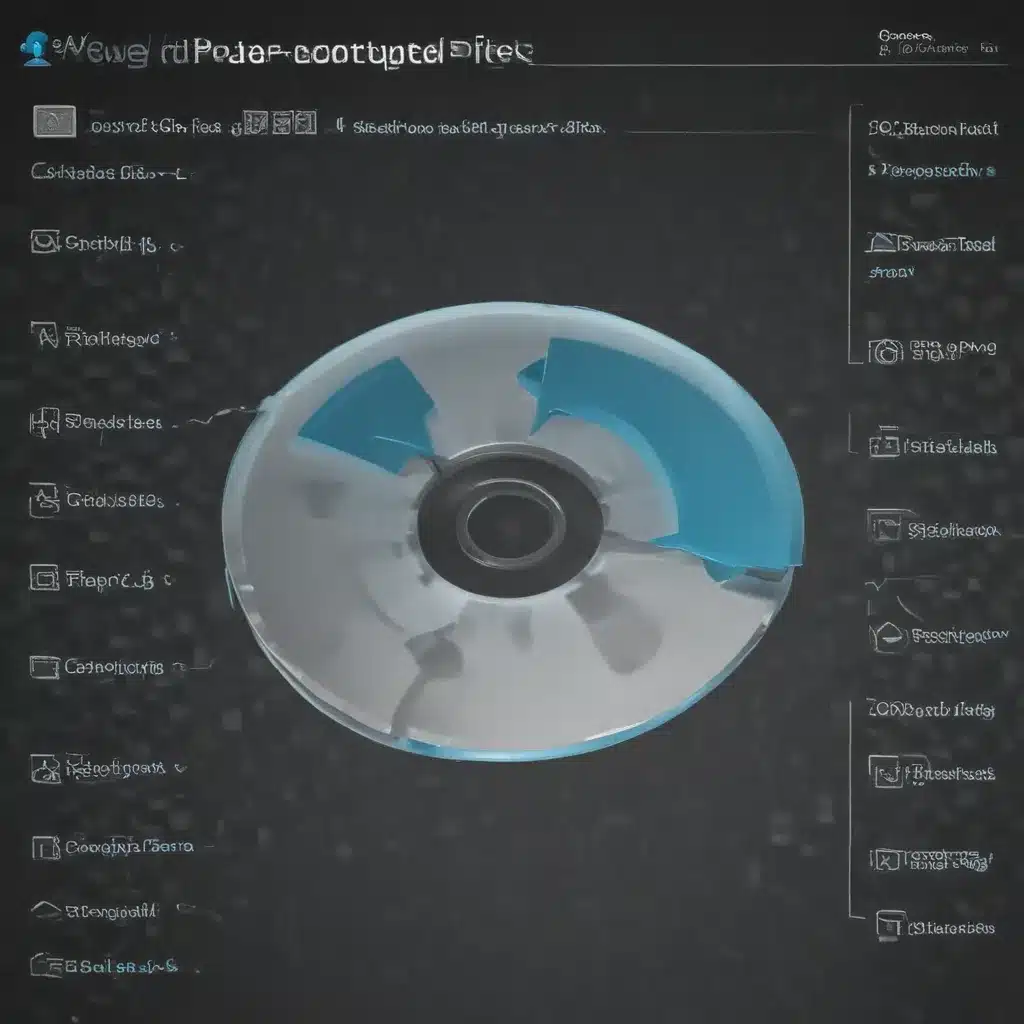Reviving a Crashed Computer: A Cautionary Tale of Overclocking Gone Wrong
As a self-proclaimed tech wizard, I thought I had it all figured out. I had meticulously fine-tuned my computer’s hardware, pushing the boundaries of its capabilities through strategic overclocking. Little did I know, my quest for performance would soon come crashing down, quite literally.
It all started with a simple RAM overclock. I had been mining cryptocurrency for weeks, generating heat and pushing my system to its limits. Surely, my carefully tested overclock would be rock-solid, right? [1] Well, as it turns out, sometimes even the most stable-looking configurations can turn on you when you least expect it.
The Downward Spiral: When Corruption Takes Over
A few weeks later, I started noticing strange behavior on my machine. Files would go missing, settings would randomly reset, and even my favorite games were acting up. [2] The music in one of my games had vanished, and I couldn’t for the life of me figure out why. I began to suspect that my overclock had taken a toll on the system, causing all sorts of havoc.
Determined to get to the bottom of this, I ran a series of tests on my RAM. To my horror, I started getting error after error, indicating that my once-stable overclock had become a ticking time bomb. [2] I quickly reverted to the stock settings, but the damage had already been done.
Battling the Corruption: A Frustrating Journey
The problems only seemed to escalate from there. My games were now plagued with micro-stutters, making the experience nearly unplayable. [2] I tried everything – swapping out components, running system scans, and even removing an NVME expansion adapter – but nothing seemed to work. It was as if my computer had fallen into a state of irreversible corruption.
Restoring Order: The Mighty System File Checker
In my desperation, I turned to the trusty System File Checker, a built-in utility in Windows that can help identify and repair corrupted system files. [3] I fired up the command prompt, ran the necessary commands, and held my breath, hoping for a miracle.
To my relief, the System File Checker reported that it had successfully verified and repaired the corrupted files. [3] It was as if my computer had been given a fresh start, cleansed of the digital grime that had been plaguing it.
Lessons Learned: Balancing Performance and Stability
This experience has taught me a valuable lesson about the delicate balance between performance and stability. While the allure of pushing my hardware to its limits was tempting, I now understand that sometimes, it’s best to err on the side of caution. [4] Overclocking, if not done with utmost care and diligence, can lead to disastrous consequences that can take time and effort to undo.
A Renewed Appreciation for System Integrity
Thanks to the System File Checker, my computer is now running smoothly once again. [5] I’ve learned to appreciate the importance of maintaining the integrity of my system files, as they are the foundation upon which my entire computing experience rests. [6] Moving forward, I’ll be sure to keep a close eye on any potential signs of corruption and act swiftly to nip them in the bud. [7]
Conclusion: Embracing the Balance
In the end, my foray into the world of overclocking was a humbling experience. [2] While the thrill of squeezing out every last bit of performance was tantalizing, the price I paid in terms of system stability was far too high. [8] As a computer enthusiast, I’ve come to realize that true mastery lies not in pushing the limits, but in striking the perfect balance between power and reliability.













